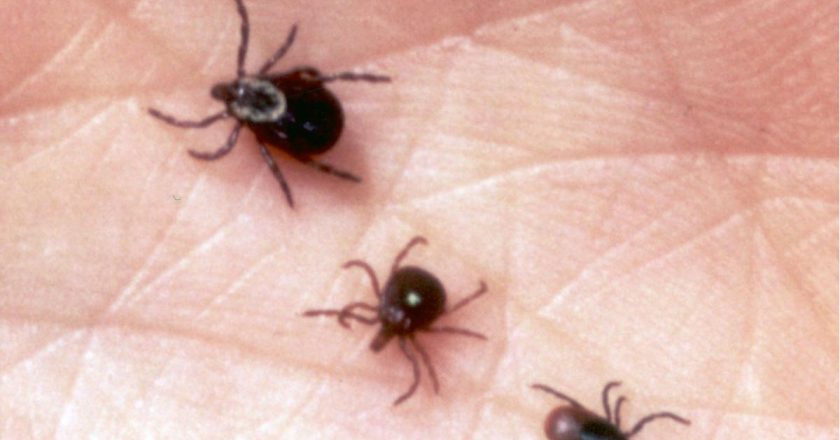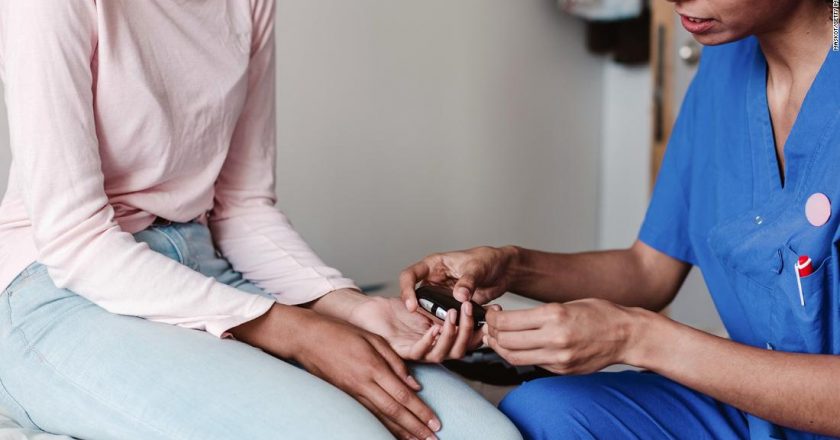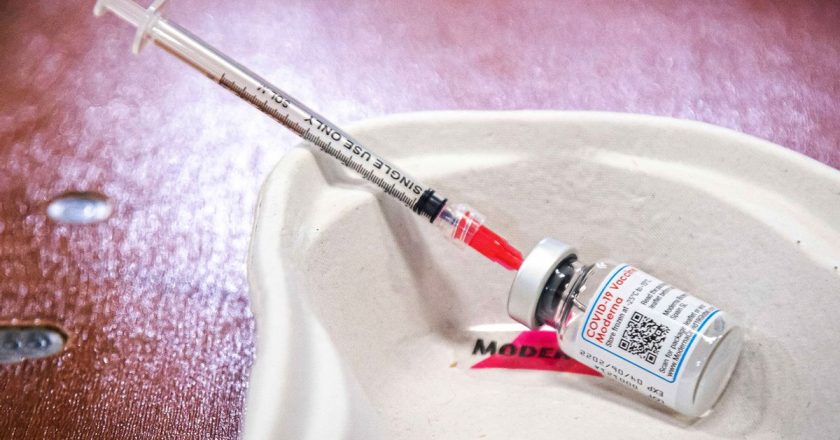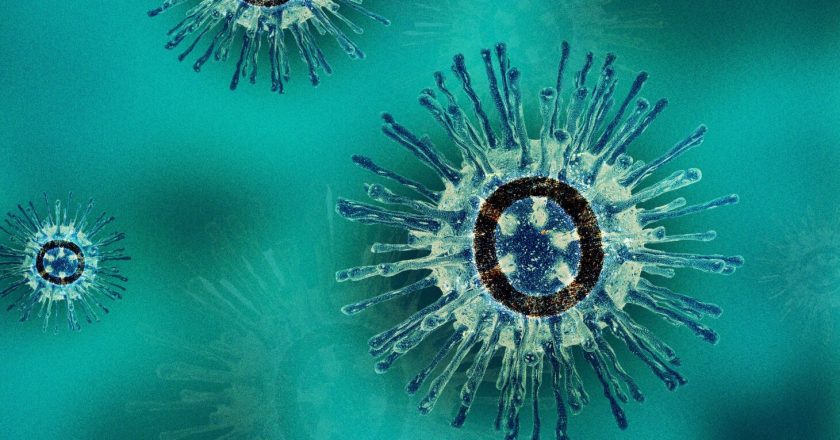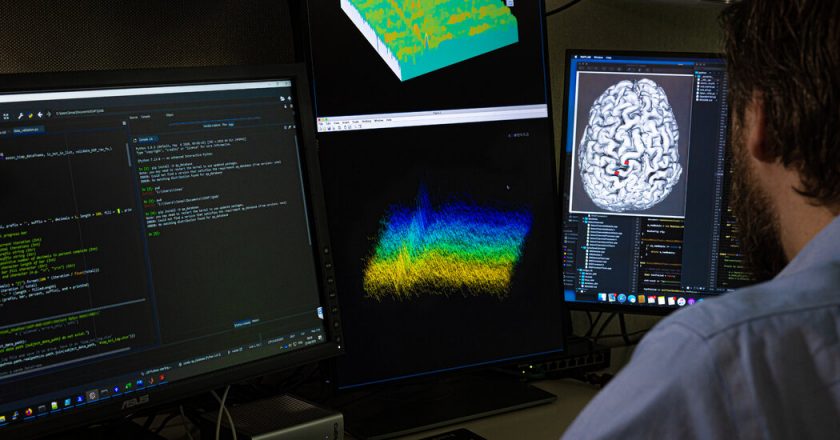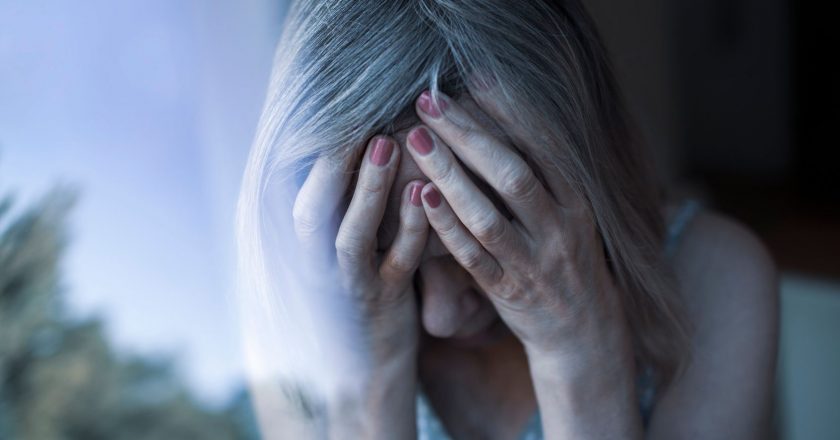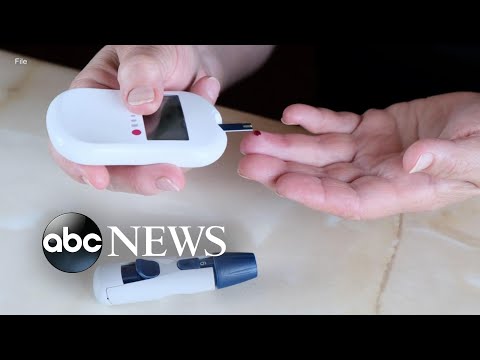Researchers warn of tick-borne Heartland virus in US. What to know about the viral pathogen – Yahoo! Voices
Heartland virus is circulating in ticks in Georgia, according to new research.
People can get the Heartland virus after being bitten by an infected tick.
There is no vaccine to prevent the Heartland virus.
The Heartland virus is circulating in ticks in Georgia, researchers warned in a study published last week.
The findings, published in the journal Emerging Infectious Diseases and led by researchers from Emory University, analyzed virus samples from ticks collected in central Georgia. But the Heartland virus, first identified in Missouri in 2009, has been documented in multiple states across the Midwest and Southeast.
But what does that mean for your next hiking or camping trip? Is it time to be on the lookout for ticks that could carry the virus?
Jonathan Larson, an extension en...
